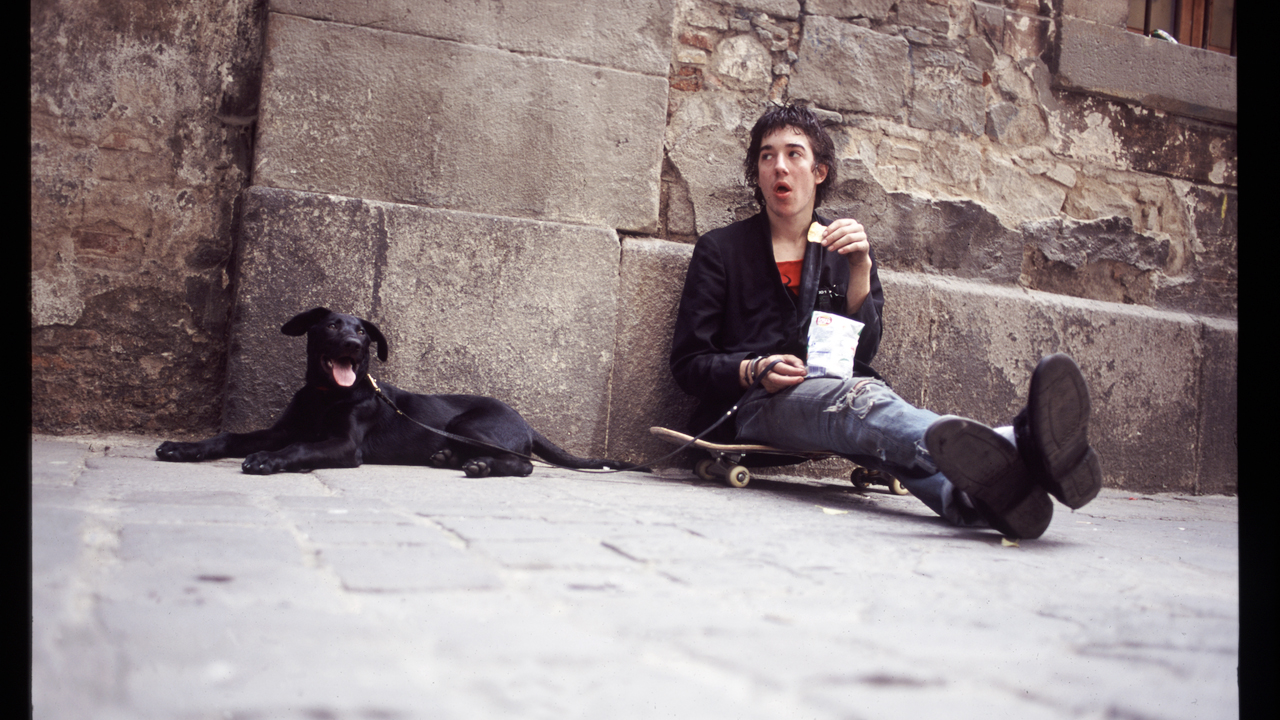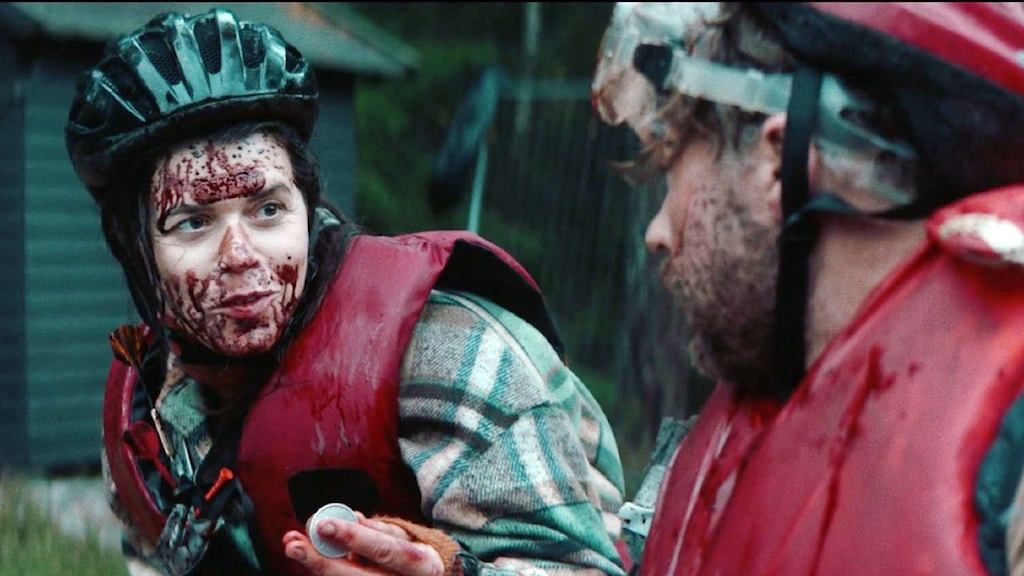Tribeca returns - with Nordic films
Tribeca Film Festival, a New York event created in 2002 by Robert De Niro and Jane Rosenthal as a response to 9/11, is the first major North American film festival with in-person screenings since the pandemic began.
-
 “The Scars of Ali Boulala,” tells the story of one of Sweden’s most famous skateboarders.
“The Scars of Ali Boulala,” tells the story of one of Sweden’s most famous skateboarders. -
-
This year's Tribeca Film Festival, which opened with poignant remarks by Robert DeNiro, had outdoor venues in all five boroughs mixed with virtual screenings, and included Sweden in the celebration with apocalyptic zombies and a superstar skateboarder’s highs and lows.
-
 Swedish short film “The Last Marriage” (“Det sista äktenskapet”) presents an absurdly fresh take on relationships.
Swedish short film “The Last Marriage” (“Det sista äktenskapet”) presents an absurdly fresh take on relationships. -
-
Competing for best documentary, with punk rock attitude, was the astonishing “The Scars of Ali Boulala,” depicting the story of one of Sweden’s most famous skateboarders. Already on top of the world at age 16, Ali Boulala came to Los Angeles riding the heights of the 1990s skaters trend. Everybody wanted to be, or be around, the charismatic and eccentric teen with a sensitive inside, a tough outside and an explosion of spontaneous energy, literally living on the edge with his skate buddies. With fast-paced cutting of home videos and interviews, the film shows these young celebrities in a rock’n’roll wild life traveling around the world with lots of money, drugs, and at the time, few worries. We also follow Ali of today, a completely different person, calm and blue, reflecting on his life and the tragedy that occurred. Director Max Eriksson grew up in the street culture, hanging around skate parks and graffiti artists, and in eight years created both a raw and poetic, aching and unapologetically honest portrait accompanied by a stunning score from Warren Ellis.
-
On a more humorous note, the Swedish short film “The Last Marriage” (“Det sista äktenskapet”), directed by Johan Tappert and Gustav Egerstedt, presents an absurdly fresh take on relationships. Set in an unknown apocalyptic future where zombies (with snus in the pockets) are taking over Sweden, a straight couple continues their everyday life in a cottage surrounded by tall electric fences, weak in current. While the unwelcomed creatures grunt outside, the couple eats a romantic dinner, fixes the garden and plays video games as if it was the most normal thing in the world. This well-directed and occasionally bloody film shows how isolation, with a big deadly threat outside, could damage any couple. Perhaps it also advocates for seeing the big picture and for better or worse, having more perspectives.
Other Nordic films at Tribeca included the Swedish co-production documentary “The Lost Leonardo,” telling the controversial story surrounding Leonardo da Vinci’s rediscovered and exceptionally famous painting “Salvator Mundi,” also known as the male Mona Lisa. The documentary “Stockholm Syndrome” depicts the American rapper ASAP Rocky imprisoned in the Swedish capital, while “A-ha The Movie” examines the Norwegian band’s massive popularity and how they have remained so since becoming global sensations overnight in 1985 with song “Take On Me." While New York Magazine named The Scars of Ali Boulala "... a fascinating, heartbreaking, controversial story" and a should see at the festival, none of the Nordic contenders won an award. -
Niclas Goldberg
-
-
